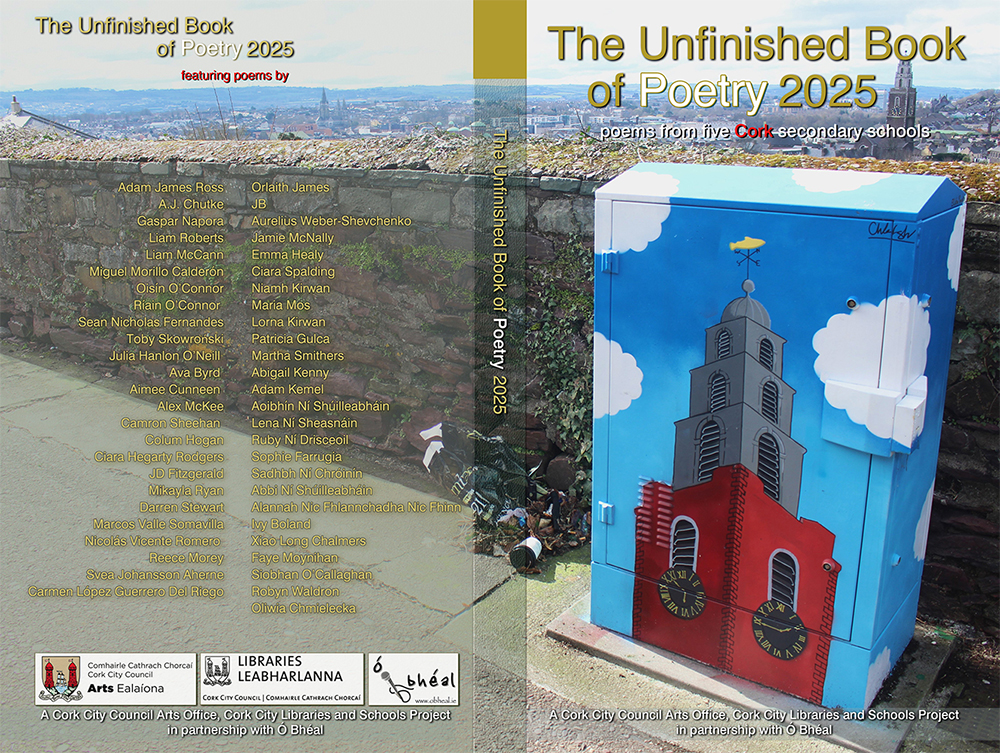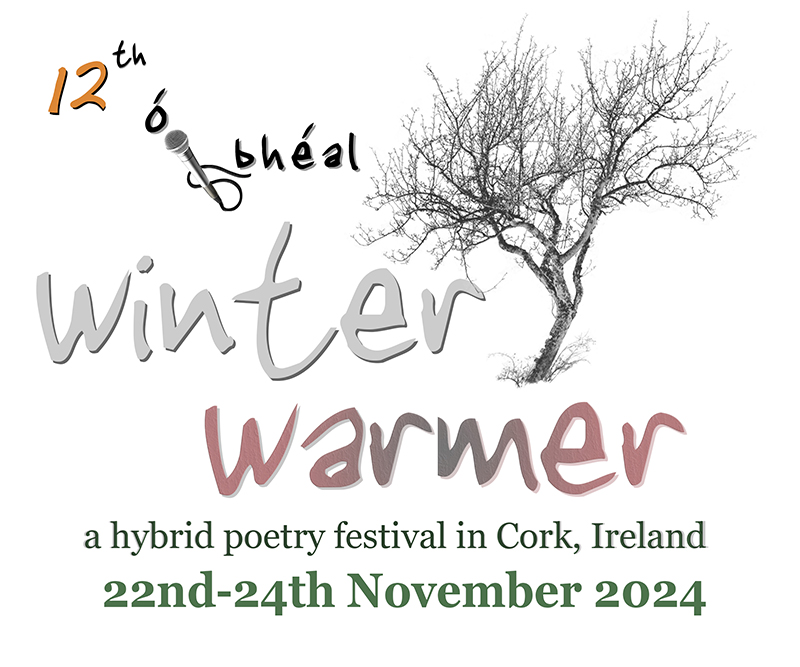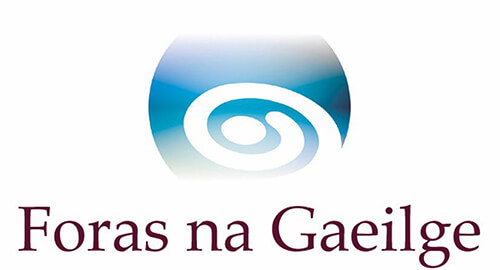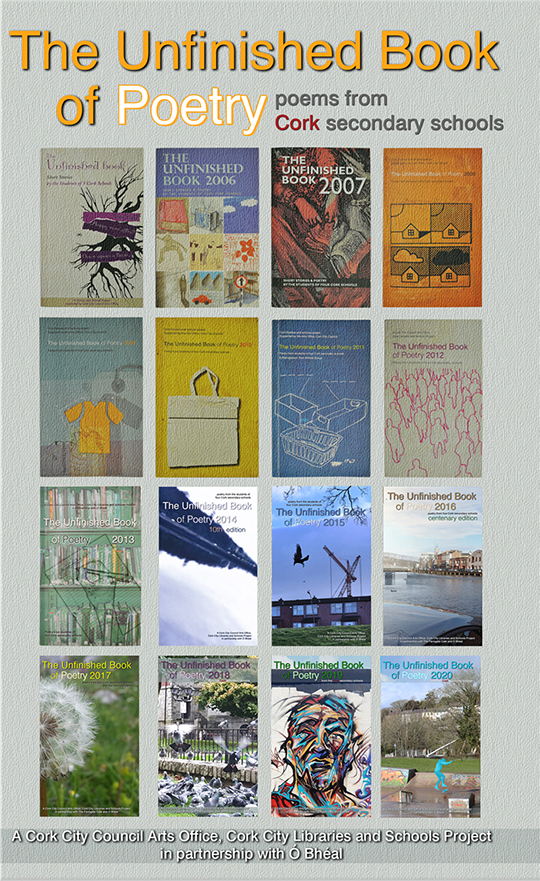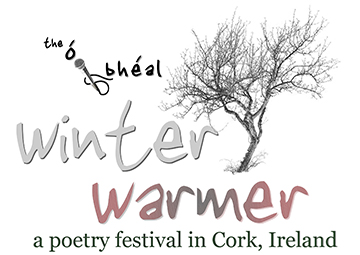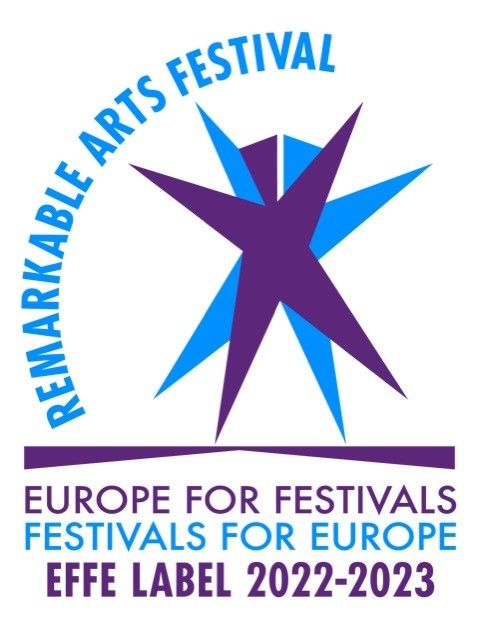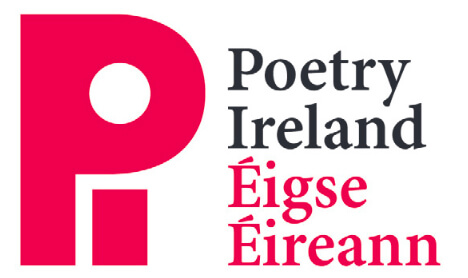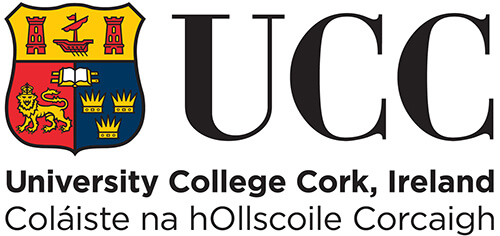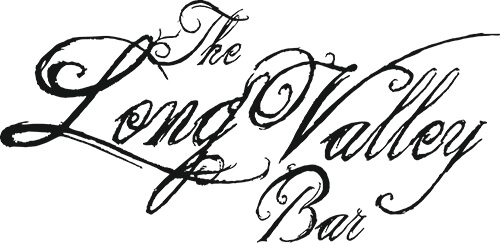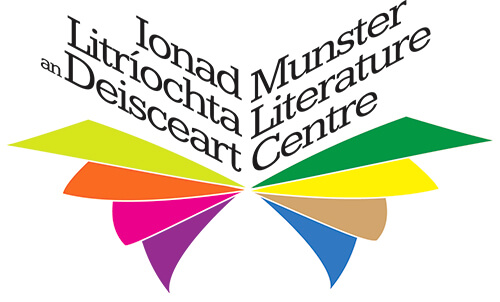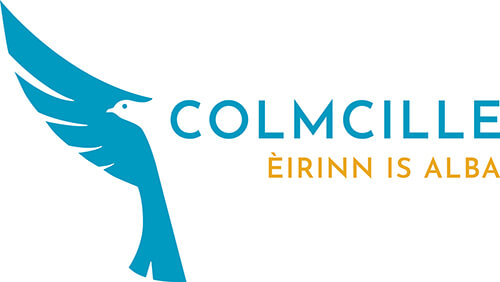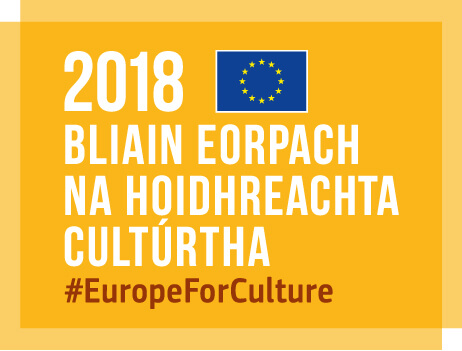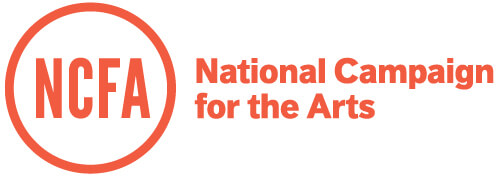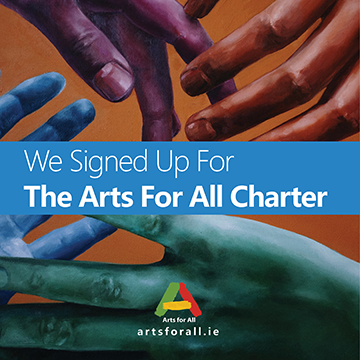Interviewed by Jennifer Matthews
JM: How do you think your scientific background influences your writing?
NH: Well, my background in the environmental sciences has given me an awareness of the multi-faceted crisis facing humankind. I suppose the novel I’m working on is a form of ‘faction’ related to this and some of my poetry and stories are around this, but I really want to get away from it and attempt what I see as ‘real’ poetry!
JM: And what do you see as real poetry?
NH: I think it was Michael Longley who said “if I knew where poetry comes from I’d go there!” It’s hard to pin down what real poetry is but I think we all recognise it when we see it and hear it. I think I write verse mostly but as Derek Walcott said, “It is the continuous practice of verse that eventually leads to poetry,” which is encouraging! Some other quotes I’ve written down that might be helpful:
“A poem is an attempt to find the music in the words describing an intuition,” (don’t know who said that but I like it).
“A poet is not interested in describing reality but capturing it” – Brendan Kennelly.
“Poems come out of wonder not knowledge” – Lucille Clifton.
And someone said that good poetry cannot be defined only experienced. So far be it from me to try and define it!
JM: You read a lot of poems which referenced family members. Do you give them as gifts to people you care about?
NH: Yes, people seem to appreciate them as gifts. Unfortunately both my mother and my father and my uncle had passed on before the poems for them were written.
JM: How much do you revise a story or poem after you’ve written it? Can you tell us a little about your process of revision?
NH: Maybe a poem is never finished – it can always be improved. I find reading it aloud is a good way. Workshops such as the ones at the Munster Literature Centre are a good way to get honest reactions and have another go at the poem. Stories I don’t revise very much. I feel they are either going to work or not early on, but Claire Keegan told me the average number of drafts of stories she does is at least 30!
JM: Your short stories are quite ‘voicey’, employing many accents and nationalities. What draws you to a more international cast of characters in your stories?
NH: I suppose this is because I have travelled a fair bit and I also find it makes for more interesting dialogue to have well-contrasted characters who sound somewhat different to each other.
JM: You wrote a tribute to/satire on Hemingway, one of your influences. Do you think reading the masters can help us to be better writers?
NH: Yes definitely, though how much is consciously I don’t know. Anyway, reading good writers is certainly the best way to improve one’s writing and to build up one’s enthusiasm for writing.
